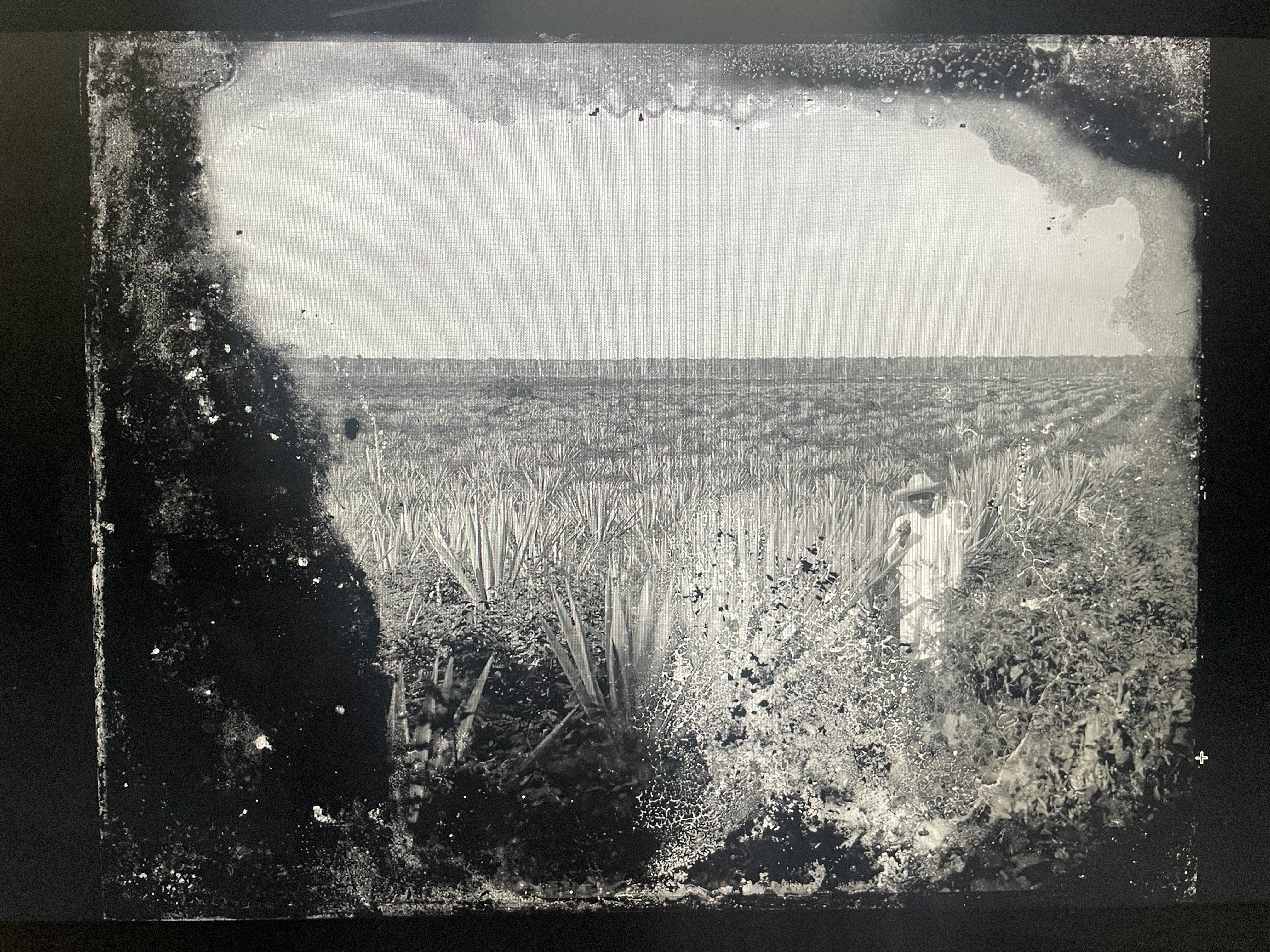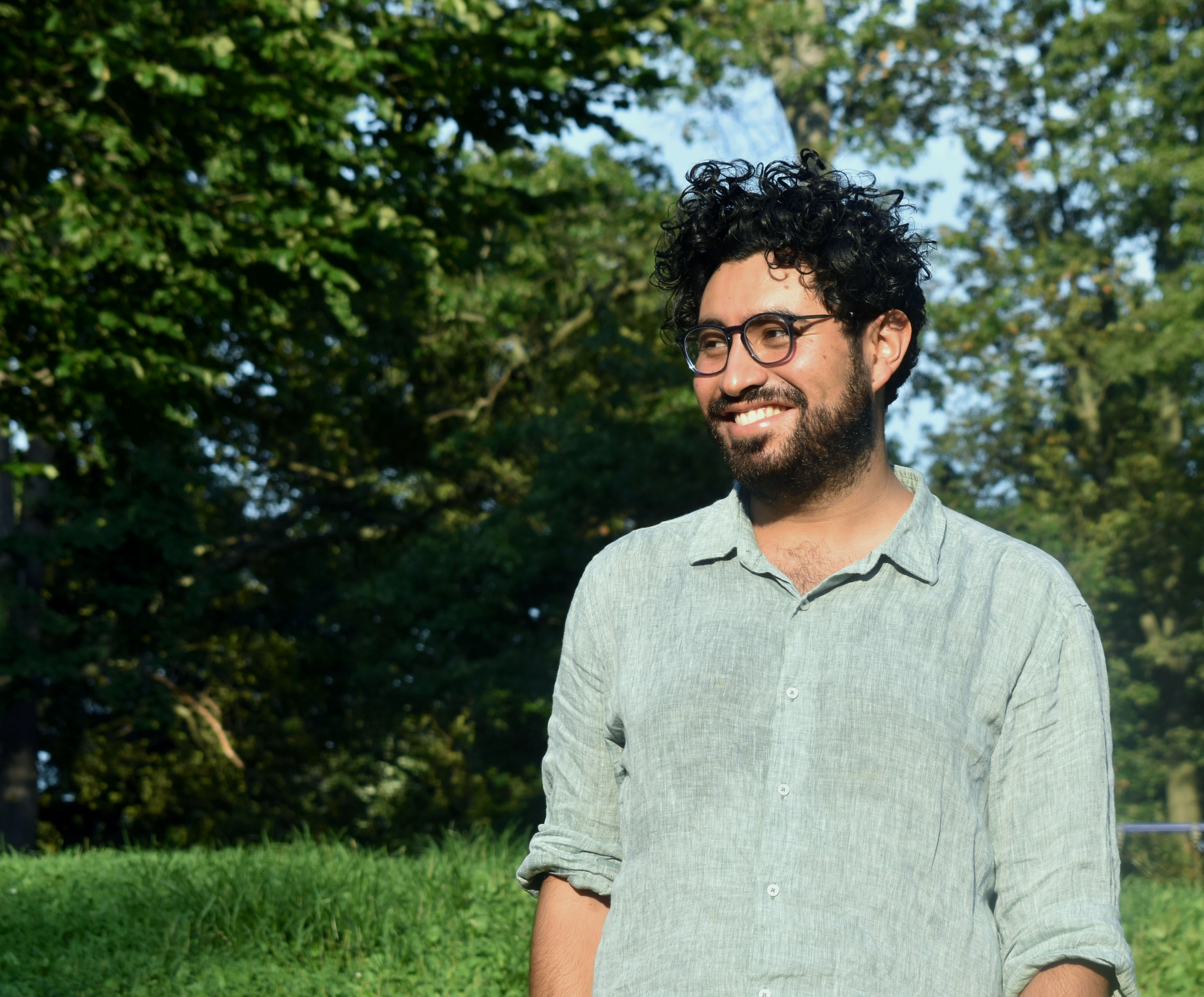Subterranean Archives: The Epistemic Violence of Henequén Haciendas and their Erasure of the Subterranean Worlds in Yucatán, México with Pablo Aguilera Del Castillo, Working Wednesdays
Hybrid
Williams 623 and via Zoom

Photo credit: Fototeca Pedro Guerra. México.
Subterranean Archives: The Epistemic Violence of Henequén Haciendas and their Erasure of the Subterranean Worlds in Yucatán, México
Built after centuries of colonial domination, henequen haciendas (Agave fourcroydes) in Yucatán have established important land logics that continue to define how people interact with the land in Mexico today. These land logics, among many other things, make possible the development of large agroindustrial sites and the continuing dispossession of land by national and international capitals. To challenge these enduring colonial logics and their consequences, I propose to excavate local Yucatec archives as a means of rebuilding a history of the indigenous subterranean worlds of Yucatán. To do this, I examine historical maps and photographs offering new readings of the history of the land in this region of Mexico. Through the critical exploration of these new archives, I propose to build a story of subterranean erasures over the 1900s and their relevance for the establishment of vital forms of indigenous sovereignty today.

Pablo Aguilera Del Castillo is a Mexico City native and a Ph.D. candidate in socio-cultural anthropology at the University of Pennsylvania. Pablo’s research is situated at the interface of Science and Technology Studies (STS), Environmental Anthropology, and Latin American studies. His doctoral research examines the Yucatec Karst Aquifer System in southeastern Mexico to study emergent forms of environmentalism and expertise around subterranean landscapes. As part of this, he collaborates with speleologists, archaeologists, geomorphologists, and environmental lawyers in Yucatán. His research has been supported by the Mexican National Council of Science and Technology (CONACYT), the Wenner Gren Foundation, the Penn Museum, the Center for Latin American and Latino Studies (CLALS), and the Center for Experimental Ethnography (CEE). He is currently a graduate fellow at the Penn Program for Environmental Humanities (PPEH) and a founding member of Penn’s EnviroLab.
PPEH offers a lunch series, Working Wednesdays, designed to showcase in-progress Community Based Participatory Research (CBPR) straddling theoretical and practical environmental concerns. These sessions take place on Wednesdays, 12:30-1:30 sharp.
All sessions are open to the Penn community but require RSVP. Grab a lunch and join us in person or on Zoom!
